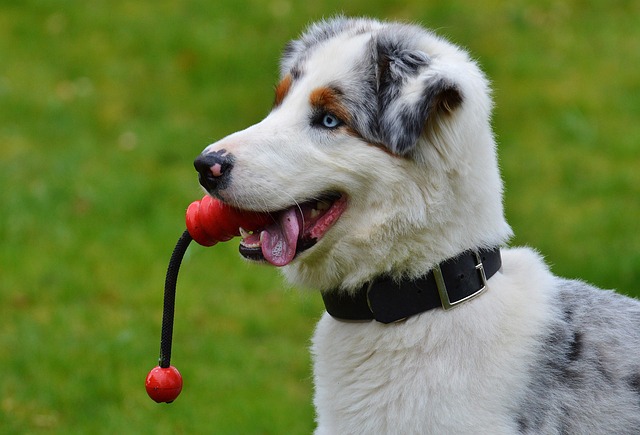
Can dog probiotics cause gas
You started giving your pup probiotics to help with his upset stomach, but now you’re dealing with a new problem: stinky gas that’s making your living room uninhabitable.
Chihuahuas often thrive indoors, and their lifespan here tends to be longer than when they’re primarily outside. Many indoor Chis live 12 to 20 years, with some even hitting the 20-year mark if cared for right. This is partly because indoor spaces shield them from harsh weather, like extreme heat or cold that can stress their small bodies. It also keeps them safe from predators or traffic that outdoor Chihuahuas might face.
But indoor living isn’t just about safety—owners need to follow local pet laws too. For example, some cities in the US require all dogs to be licensed, even small indoor ones like Chihuahuas. Licensing helps authorities track pets if they get lost and ensures they’re up-to-date on rabies shots, which is a legal must in most places. In Europe, countries like Germany have strict rules about pet welfare, including giving indoor dogs enough space to move and regular exercise. Skipping these steps can lead to fines and, worse, harm your Chihuahua’s health over time.
 Exercise is another key part of keeping indoor Chihuahuas healthy and extending their lifespan. Their small size might make you think they don’t need much activity, but they’re energetic dogs. A 15-minute walk twice a day, plus some playtime with a toy inside, helps keep their weight in check. Obesity is a big issue for indoor Chis—too many treats and not enough movement can lead to diabetes or joint pain, which shortens their life. It’s also important to create a cozy spot for them, like a bed near a window, so they have a sense of security, which boosts their mental health.
Exercise is another key part of keeping indoor Chihuahuas healthy and extending their lifespan. Their small size might make you think they don’t need much activity, but they’re energetic dogs. A 15-minute walk twice a day, plus some playtime with a toy inside, helps keep their weight in check. Obesity is a big issue for indoor Chis—too many treats and not enough movement can lead to diabetes or joint pain, which shortens their life. It’s also important to create a cozy spot for them, like a bed near a window, so they have a sense of security, which boosts their mental health.
Feeding the right food is just as important as exercise. Chihuahuas have tiny digestive systems, so they need high-quality dog food made for small breeds. Avoid giving them human food like chocolate or grapes, which are toxic to dogs—this is a common mistake new indoor Chihuahua owners make. Also, stick to a regular feeding schedule instead of leaving food out all day. This helps prevent overeating and keeps their digestion on track. Regular vet checkups, at least once a year, are a must too. Vets can catch small health issues early, like dental problems (common in small breeds), before they turn into big, life-threatening ones.
Caring for an indoor Chihuahua well means balancing safety, legal compliance, and daily care. When you follow local laws, keep them active, feed them right, and give them lots of love, they’ll likely be by your side for many years. Remember, every Chihuahua is different—some might live a little shorter, some a little longer—but the effort you put into their indoor care makes all the difference. It’s not just about extending their lifespan; it’s about making those years happy and healthy for both of you.

You started giving your pup probiotics to help with his upset stomach, but now you’re dealing with a new problem: stinky gas that’s making your living room uninhabitable.

Beagle puppies have tiny tummies but huge energy—one minute they’re zooming around the living room, the next they’re nuzzling your hand for a snack.

New beagle puppy owners often wonder how to balance keeping their furry friend clean with protecting their delicate skin—and the answer starts with not overdoing baths.

Finding roundworms in your dog’s stool or noticing them vomiting small, white worms is a common scare for owners—especially with puppies, who often pick up the parasites from their moms.

Chihuahuas often thrive indoors, and their lifespan here tends to be longer than when they’re primarily outside. Many indoor Chis live 12 to 20 years, with some even hitting the 20-year mark if cared for right.

You might catch your dog gnawing at their paws nonstop or rubbing their belly against the carpet—signs that something in their diet could be triggering itchiness.